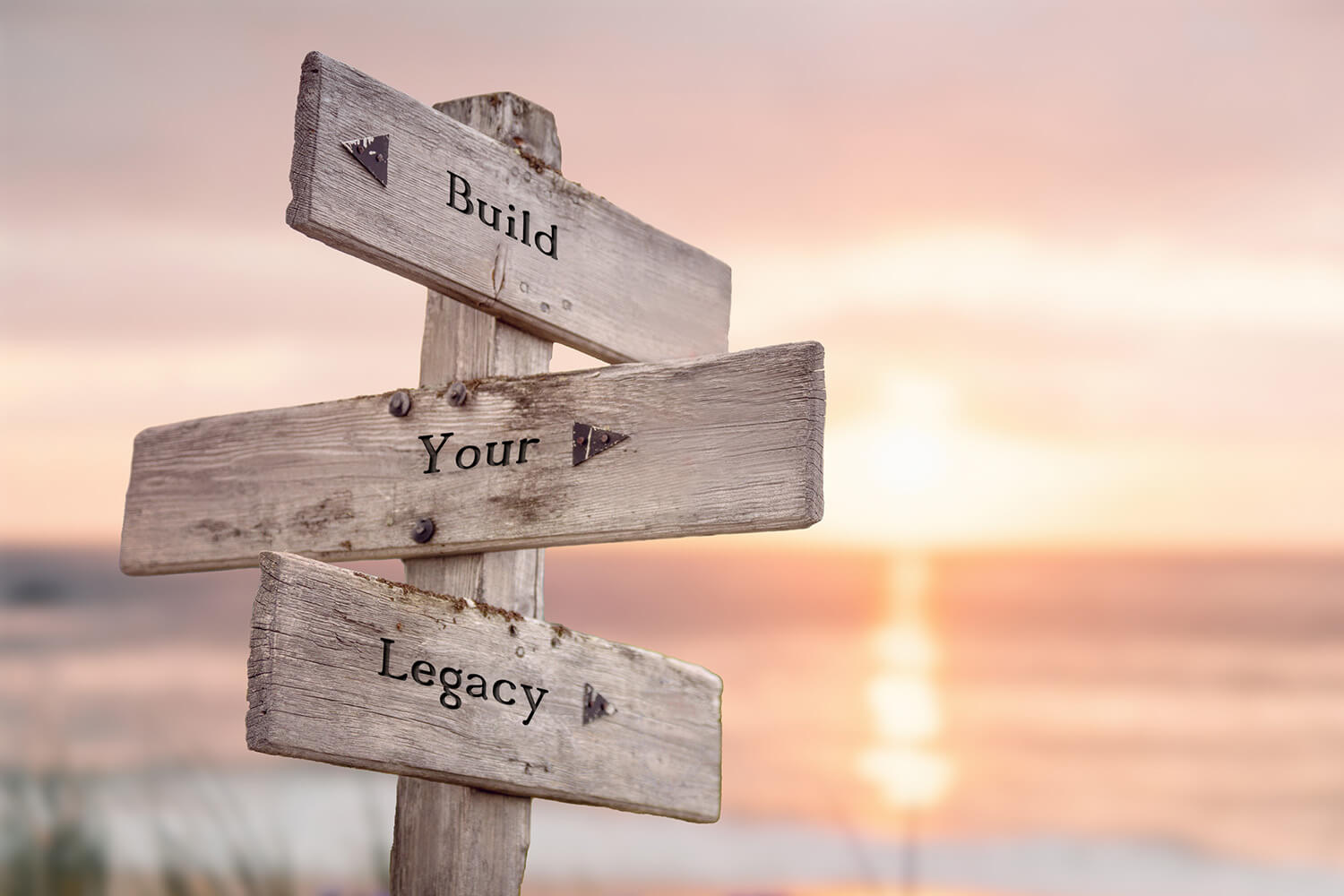Building a lasting legacy through a family business goes beyond mere profitability; it encompasses instilling values, fostering community involvement, and ensuring sustainability for future generations. My experience working with diverse family enterprises has equipped me with insights into the strategies that effectively preserve and enhance a family’s legacy.
Defining the Legacy
A crucial first step in legacy building is defining what the legacy means for the family. This involves discussions among family members to articulate shared values, visions for the future, and the impact they hope to have through their business. This shared understanding becomes the guiding light for all strategic decisions.
Embedding Values into Business Practices
Once the values are defined, the next step is to embed these into the business’s operations. This might involve integrating sustainable practices if environmental stewardship is a key value, or it could mean focusing on fair trade practices if social equity is important. The goal is to align business practices with the family’s ethical commitments, ensuring that the business actions reflect the family’s values.
Fostering Community Engagement
Community engagement is another pillar of legacy building. Family businesses can play a pivotal role in their communities by supporting local initiatives, sponsoring events, or engaging in philanthropy. This not only enhances the business’s reputation but also solidifies its role as a community pillar, which is a powerful aspect of a lasting legacy.
Preparing the Next Generation
Sustaining a legacy requires preparing future leaders who are committed to the family’s values and vision. This involves education, mentorship, and hands-on involvement in the business from a young age. Equally important is encouraging the next generation to bring new ideas and innovations that can keep the business relevant and competitive.
Success Stories of Legacy Building
One family business I worked with focused on environmental sustainability by investing in renewable energy solutions. This commitment was passed down through three generations, each innovating in ways that expanded the company’s impact and reinforced its legacy as a leader in sustainability.
Conclusion
Building a lasting legacy in a family business is a multifaceted endeavor that requires a clear vision, committed leadership, and a deep connection to community values. It’s about creating something that endures and evolves, benefiting both the family and the wider community.
If you’re striving to build a meaningful legacy through your family business and need strategic guidance, contact me for expert advice.

